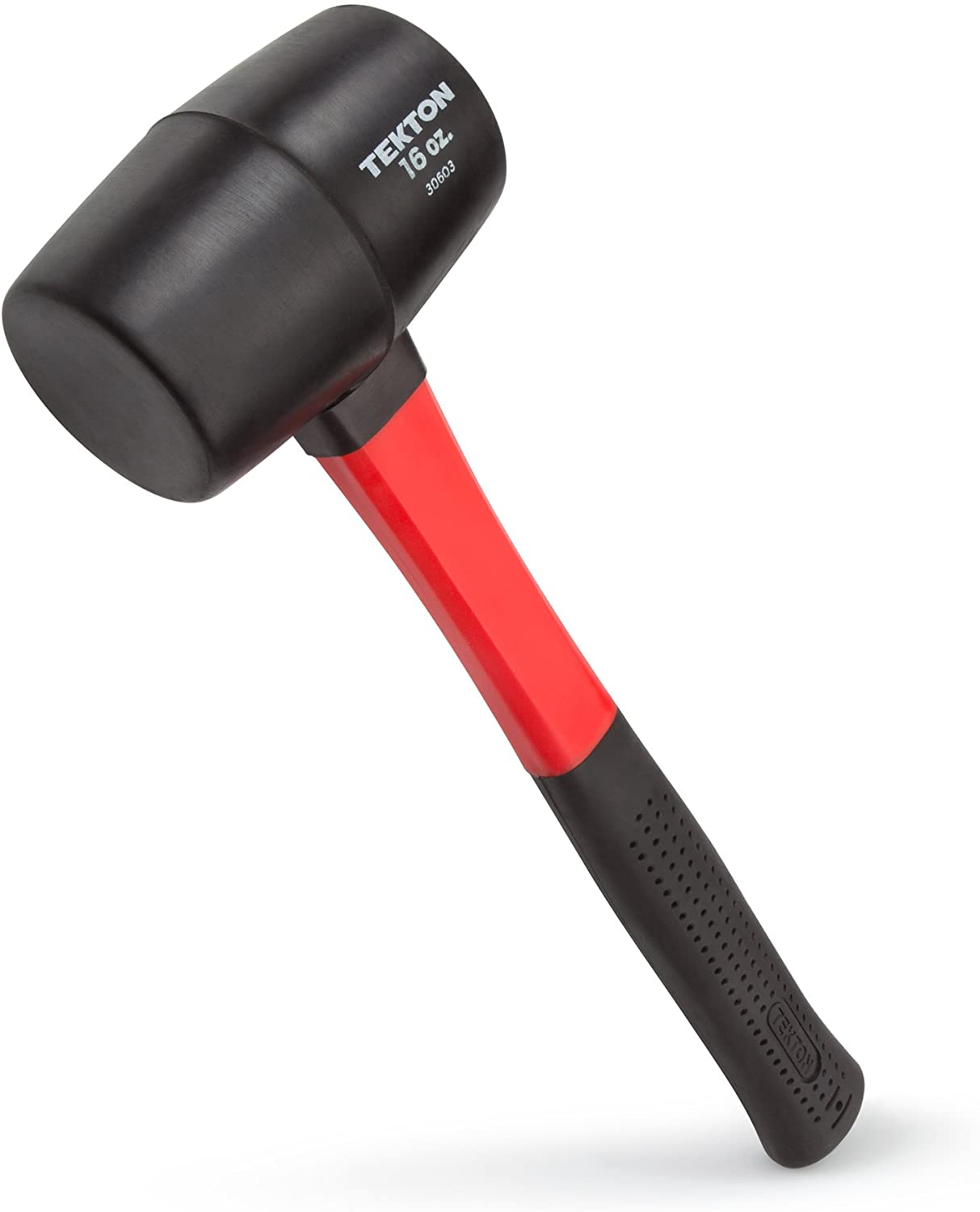31 Essential Woodworking Tools Found in Most Workshops
-
- Last updated:
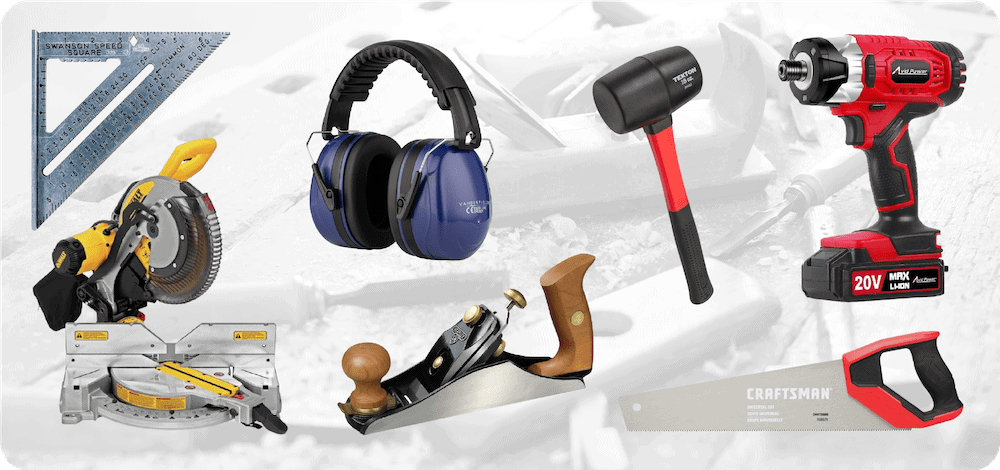

If you are considering building a woodworking shop, it can be useful to have a list of tools you will need to plan for the future and decide which device to buy next. We’ve created the most complete list we could, and it lists 31 pieces. Every type of tool is mentioned, from hand tools to power tools to safety equipment. We’ll cover them all to help you build the workshop of your dreams.
Topics covered in this article:
Woodworking tools
Woodworking Hand Tools
The first thing we’ll cover is hand tools that should be in any woodworking workshop.
1. Chisels
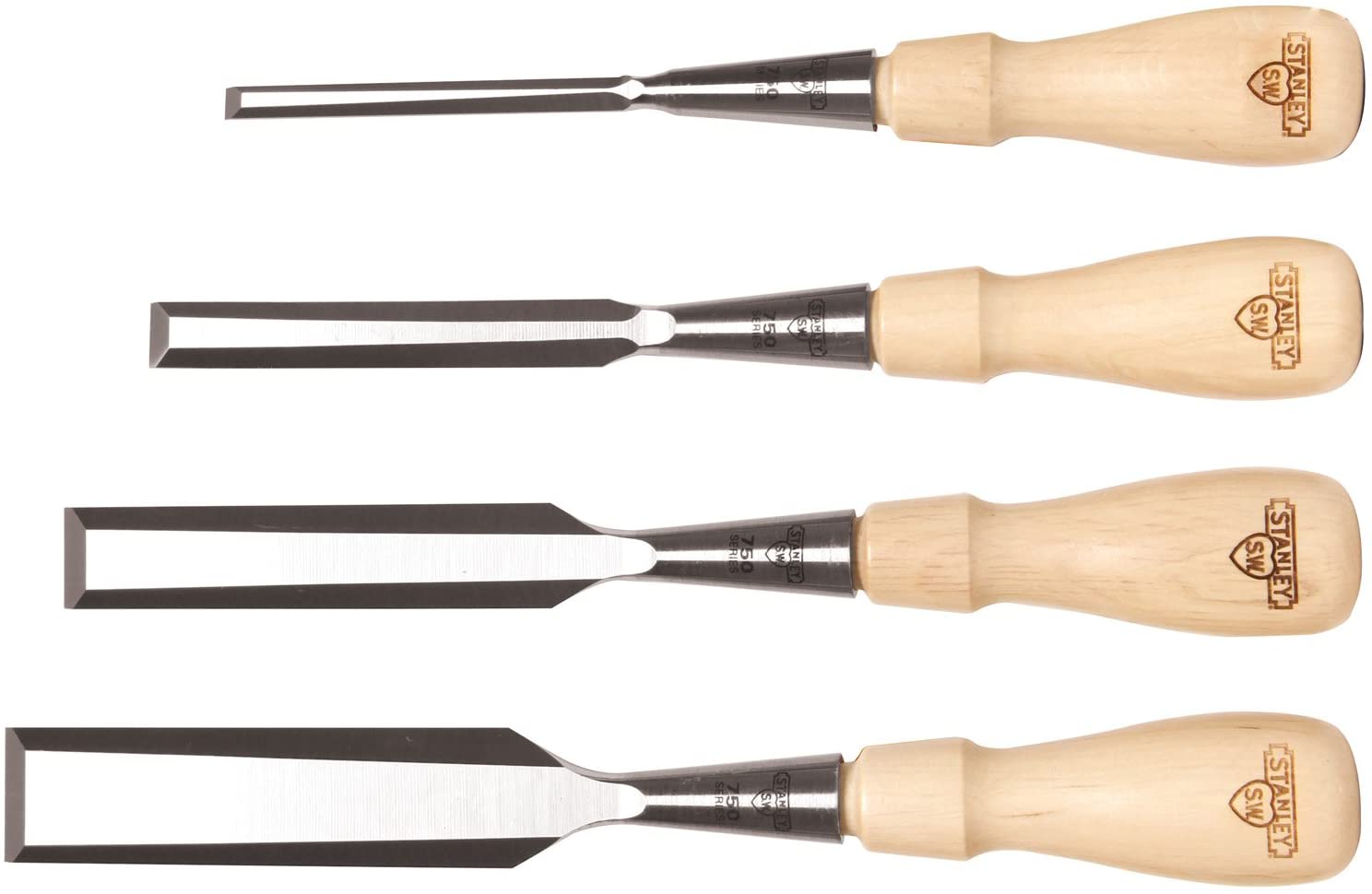
Chisels are one of the original tools for cutting and shaping wood. They are still an essential part of any woodworking workshop, and you should have at least one general-purpose set in your workshop. They can replace several other tools in your workshop if you haven’t acquired them yet, including a router. There are several types of chisels, including bench chisels, mortise chisels, paring chisels, and more, but we recommend a good set of bench chisels to get you started.
2. Glue

Every wood shop needs a large supply of wood glue to bind boards together for cutting. When applied properly, it creates a bond stronger than the wood itself. It’s inexpensive and cleans up with water. You can also loosen the bond created by wood glue by applying heat and moisture.
3. Hammer
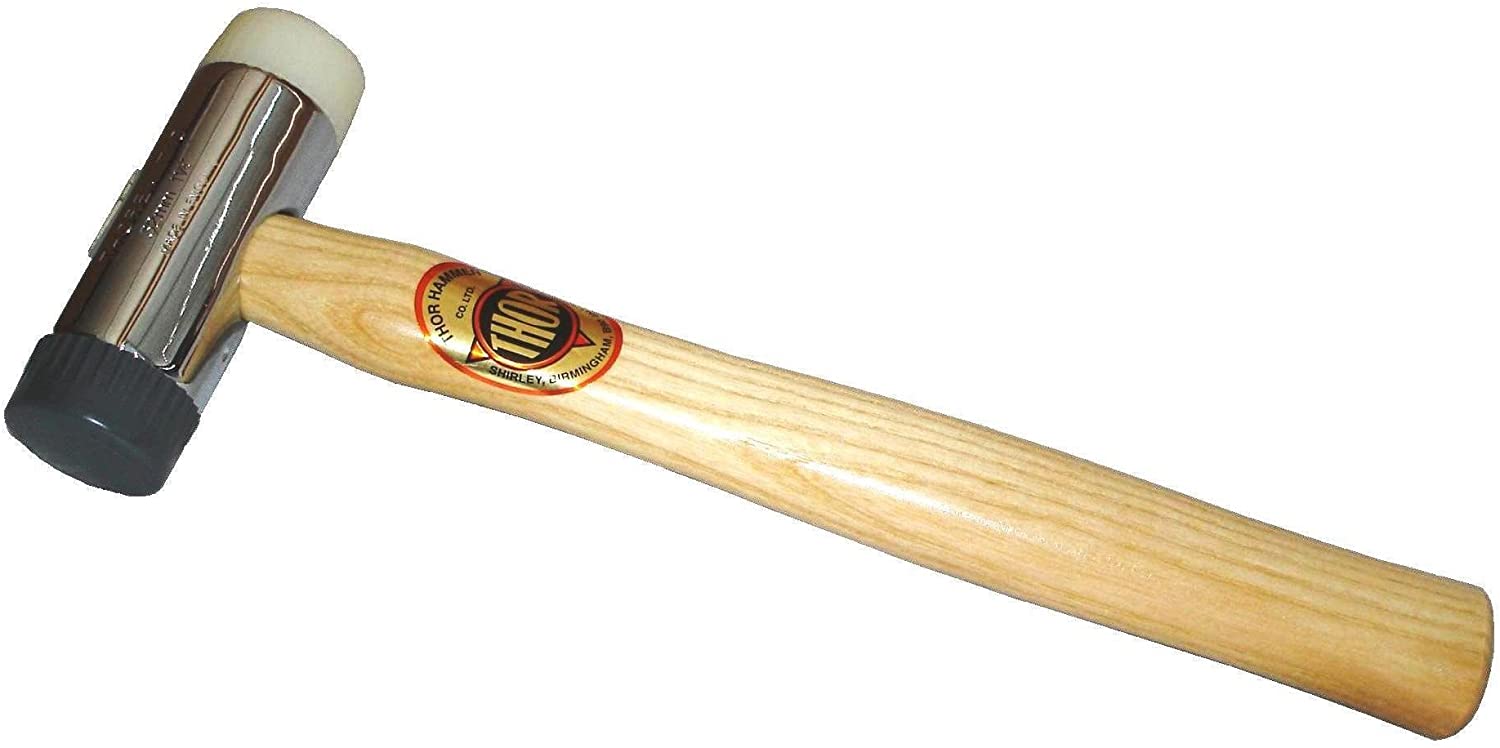
The hammer is another ancient tool used by woodworkers for millennia, and you must have one in your shop. It’s a simple device used for driving nails, but there are many varieties, and you will likely have several hammers for different purposes.
4. Hand Saw

The hand saw is likely one of the first woodworking tools you own. It’s inexpensive, lightweight, and easy to use. For beginner woodworkers, it’s the only way they can cut boards, but experienced woodworkers use them quite often for many tasks, and there are several types. We recommend the standard handsaw for most beginner woodworkers.
5. Level
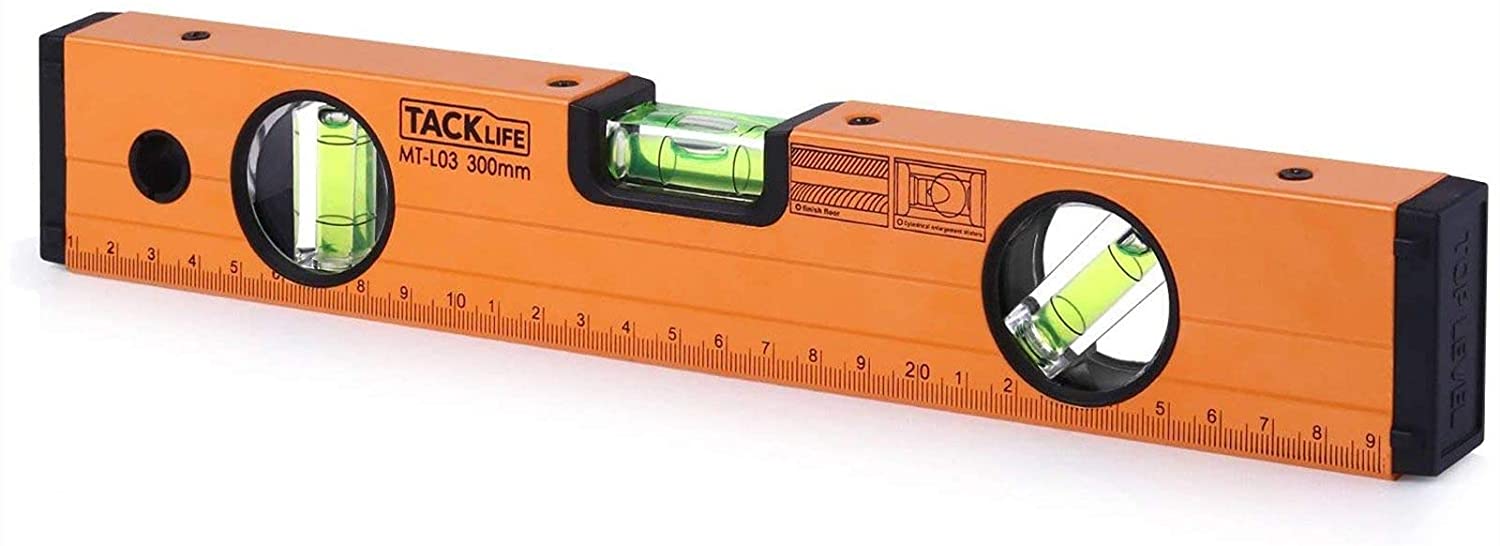
The level is a handy tool in the workshop that tells you when items are flat and if they are at the correct angle, depending on the level type. Most levels work using an air bubble in a colored liquid. Some levels are digital and allow for a broader range of readings.
6. Mallet
A mallet is a type of hammer with a rubber head worth mentioning because you don’t use it to drive nails. You use the mallet to knock wooden pieces together or apart and drive dowels or chisels when detailing wood. Mallets do not damage the wood or cause scuffs or marks.
7. Masking Tape
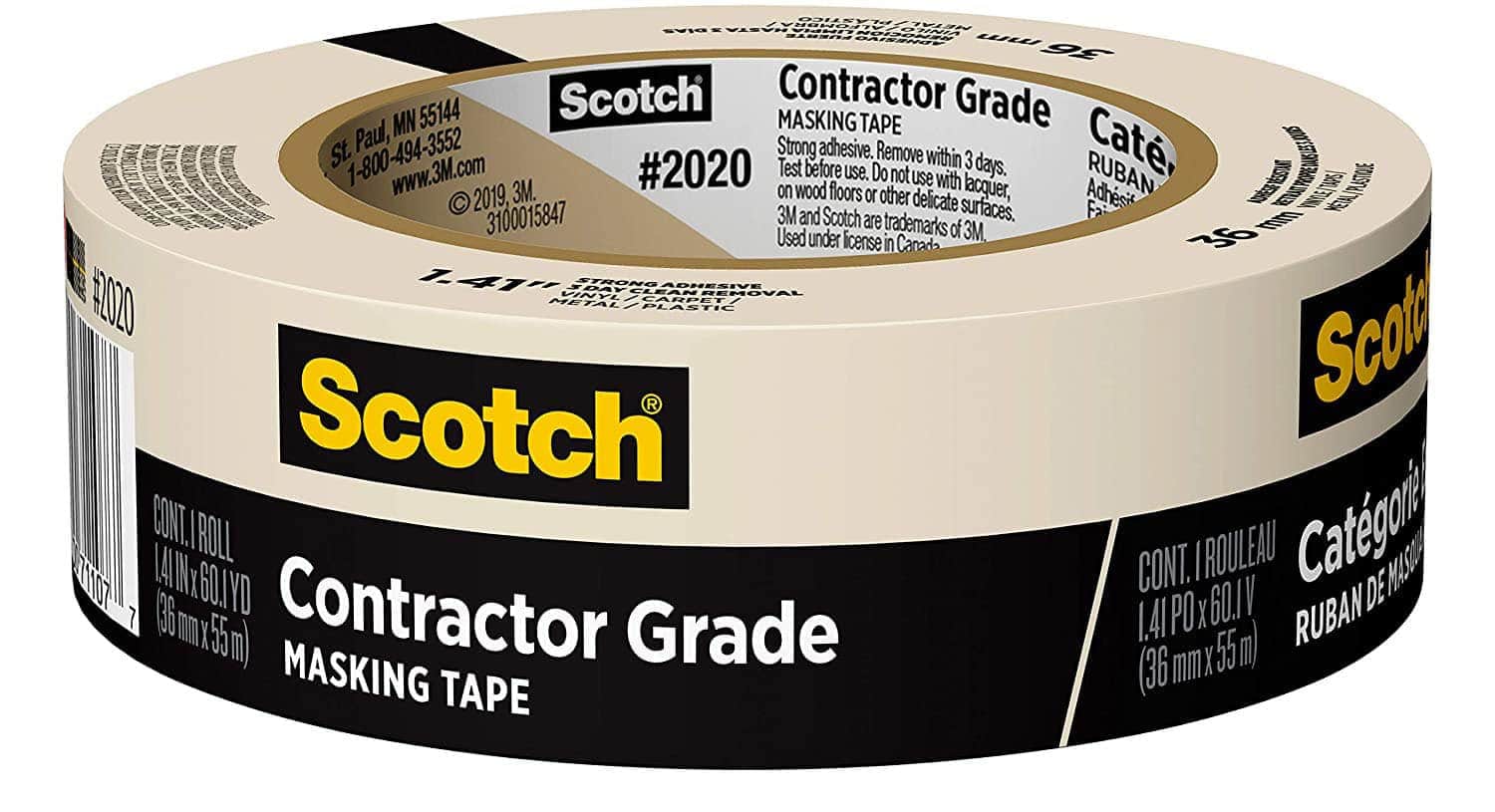
Masking tape has countless uses in the woodworking woodshop, and you’ll want to have several rolls on hand at all times. Masking tape keeps things together; you can write on it, it doesn’t leave any residue, and it’s easy to remove, making it one of the most useful woodworking tools.
8. Mineral Spirits
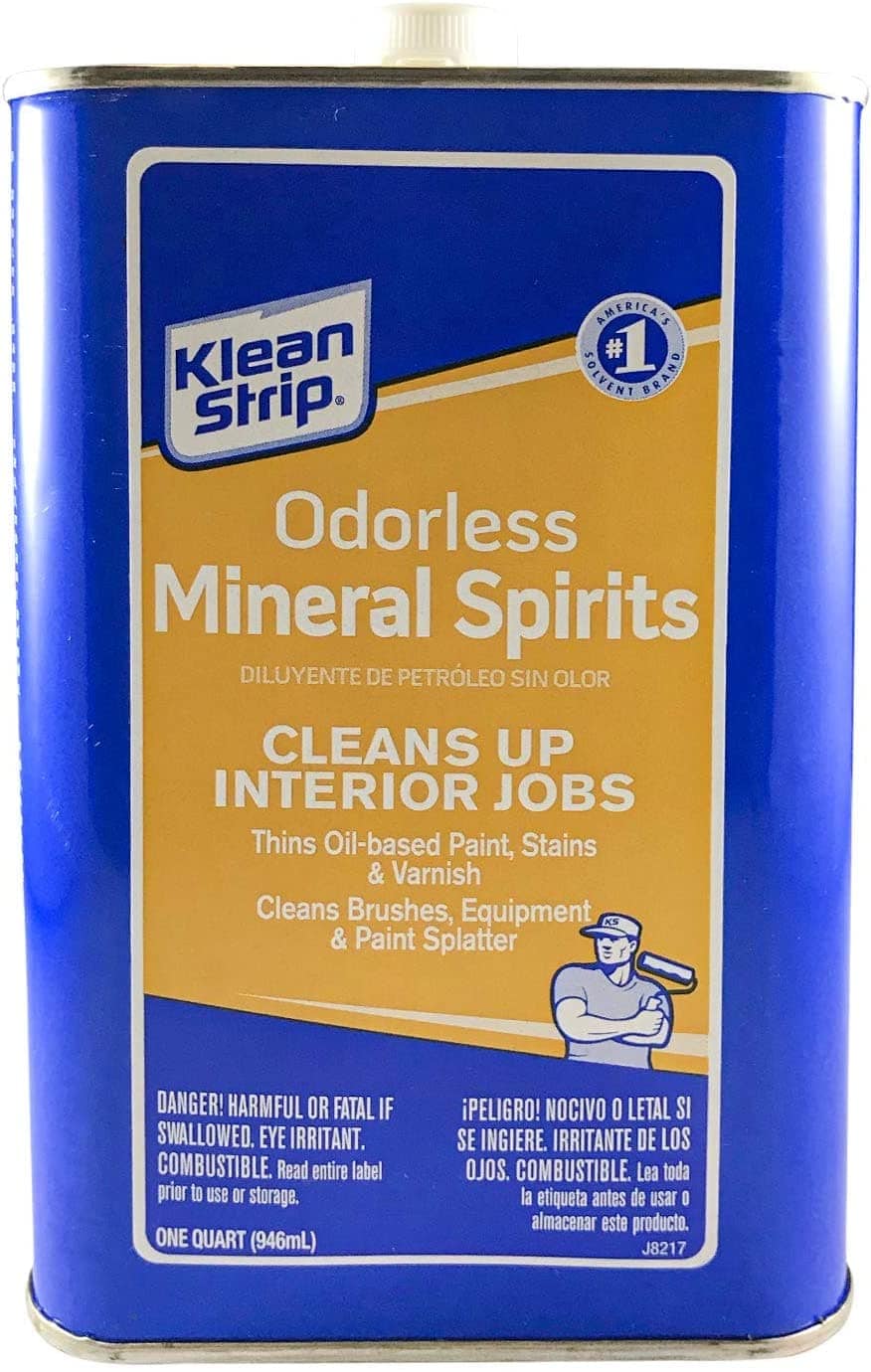
Mineral spirits are used for several cleanup tasks in the workshop, including removing paint and cleaning the wood’s surface. It’s perfect for removing dirt, polish, wax, sanding dust, and oil from wood, but you need to remember that it’s flammable and can easily create a fire hazard.
9. Nail Setter
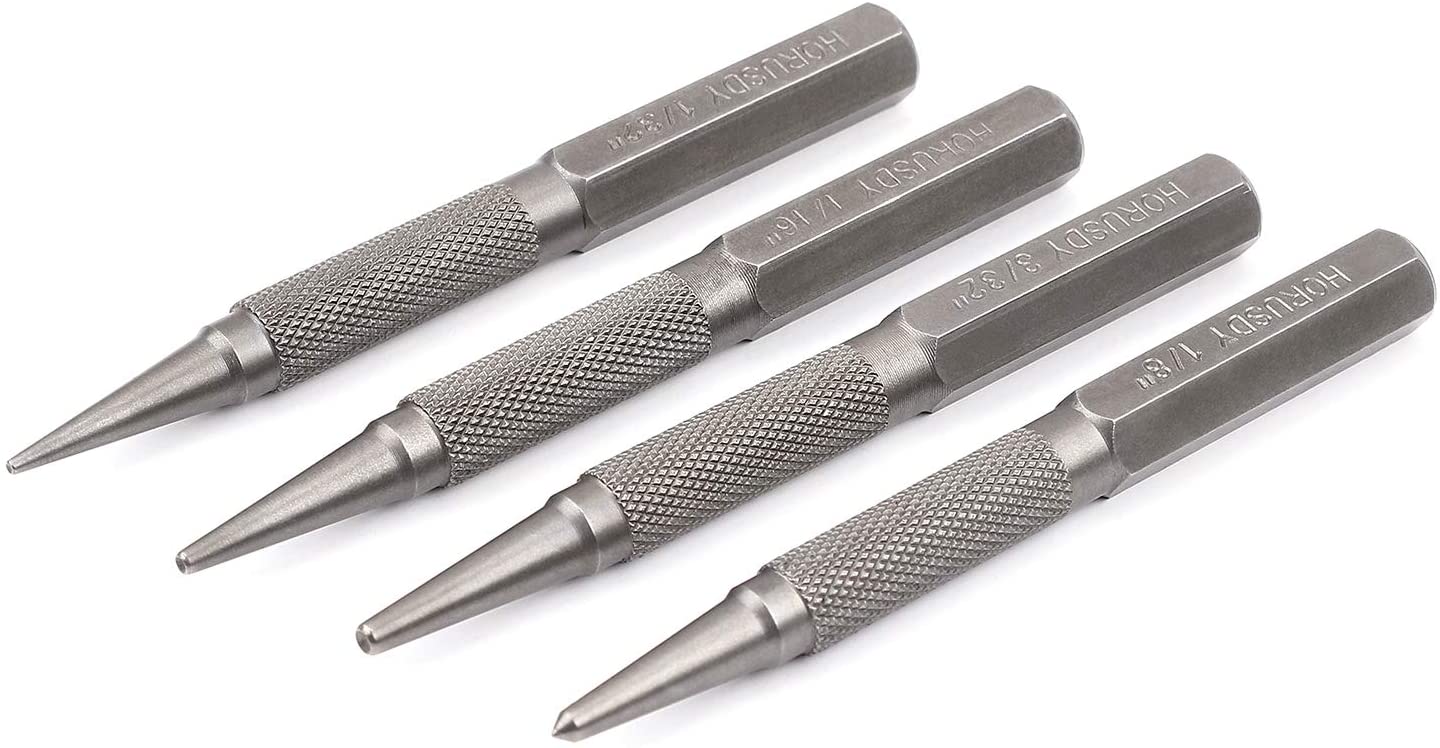
Nail setters are essential for jobs like decorative molding because they help the nail disappear into the wood without it. It uses a hollow shaft that fits over the nail and rests against the wood. You strike an inner pin that presses the nail into the wood. Nail setters are essential for getting consistently flush nails, so they need to be in every woodshop.
10. Pencils
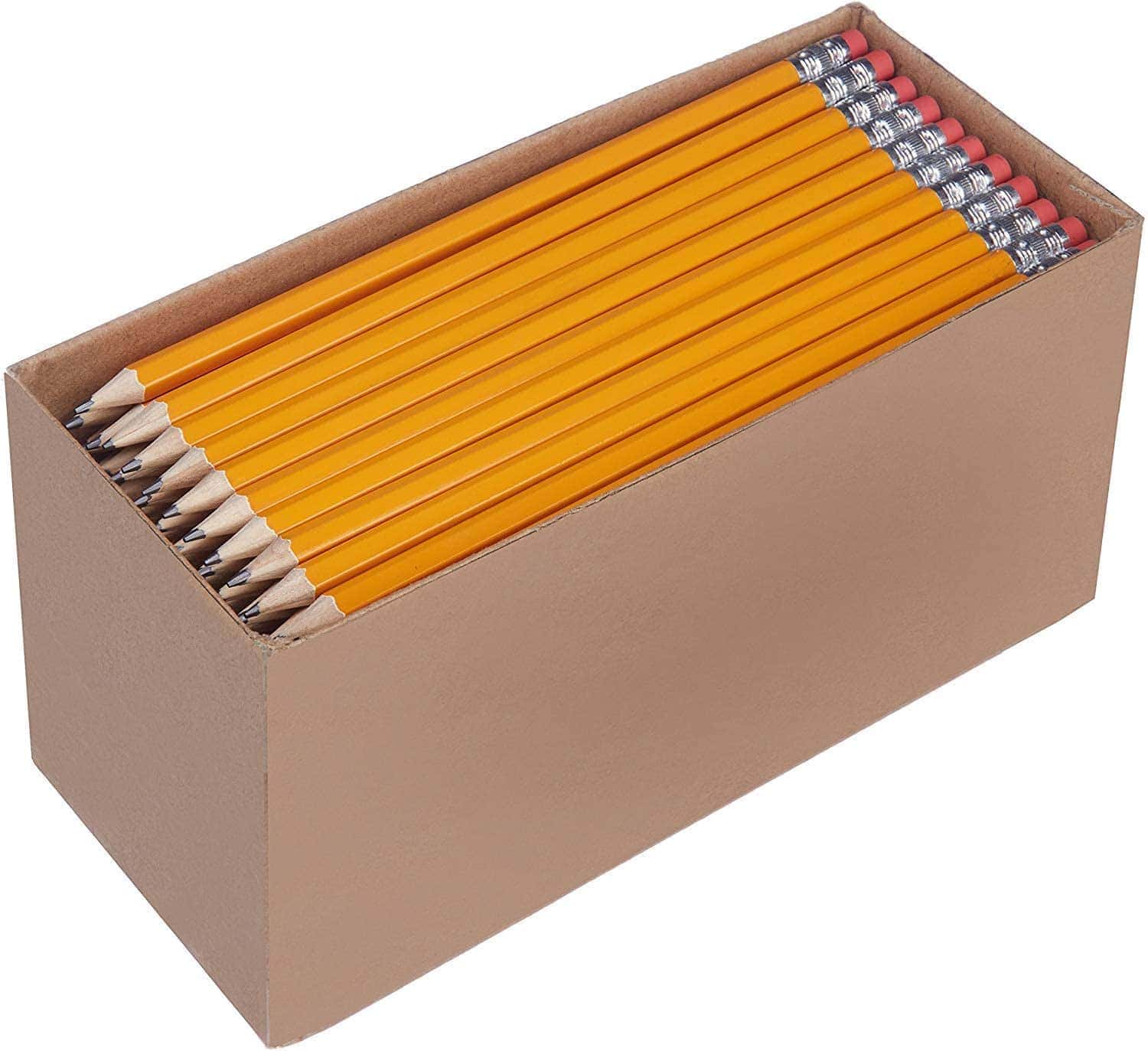
As a woodworker, you will likely be amazed at how many pencils you use each day in the workshop. Measuring and notetaking are constant and probably done without thinking. Nothing is worse than needing to write something down and not having a pencil. Pens and markers will not work in a woodworker’s workshop.
11. Plane
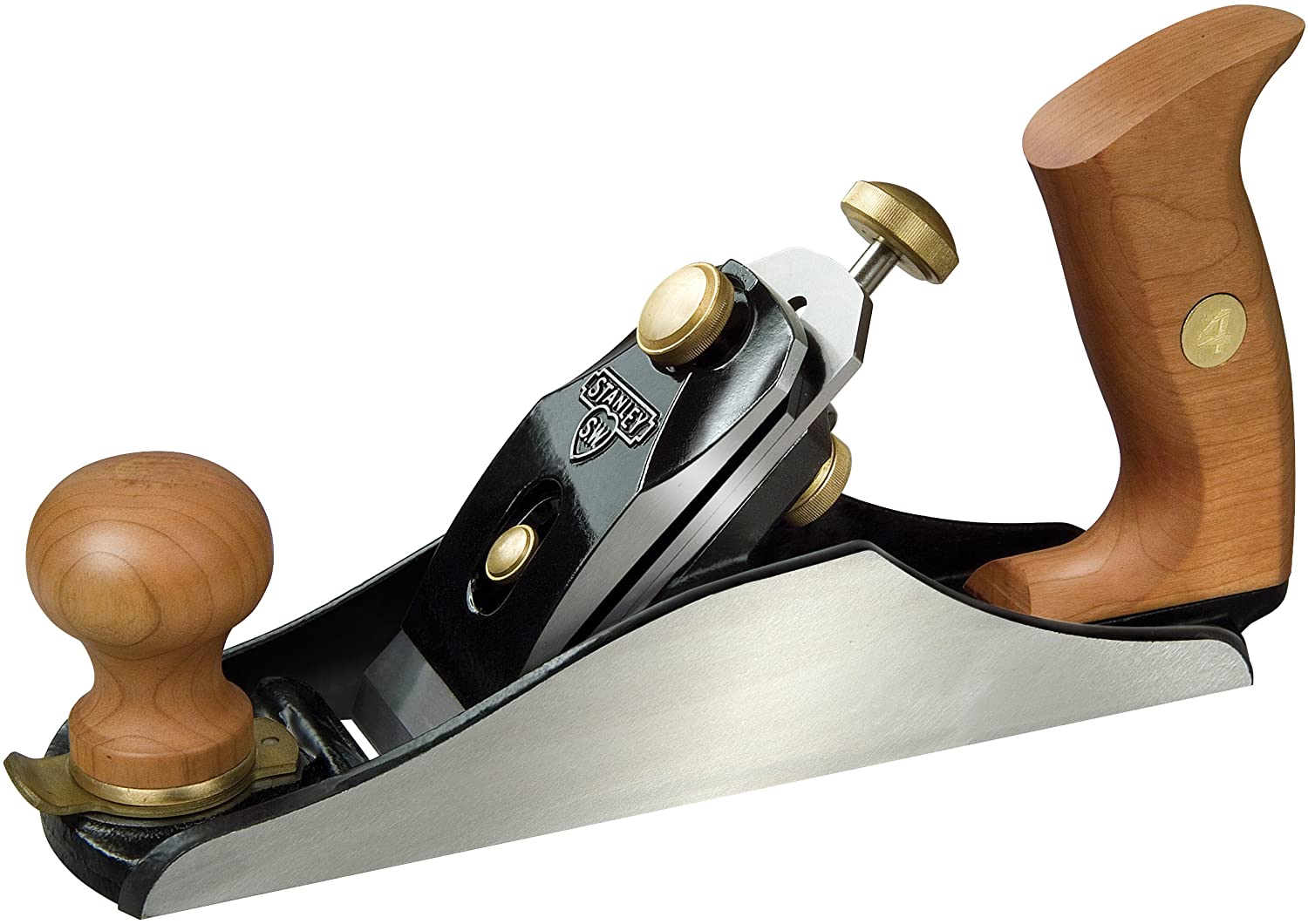
A plane is responsible for smoothing and flattening a rough or curved board. It’s similar to a razor and shaves off small wood bits until the board is straight and smooth. There are many types of planers available, some costing hundreds of dollars, but every workshop should have at least one’s bench plane to do the basic straightening and smoothing work.
12. Sandpaper
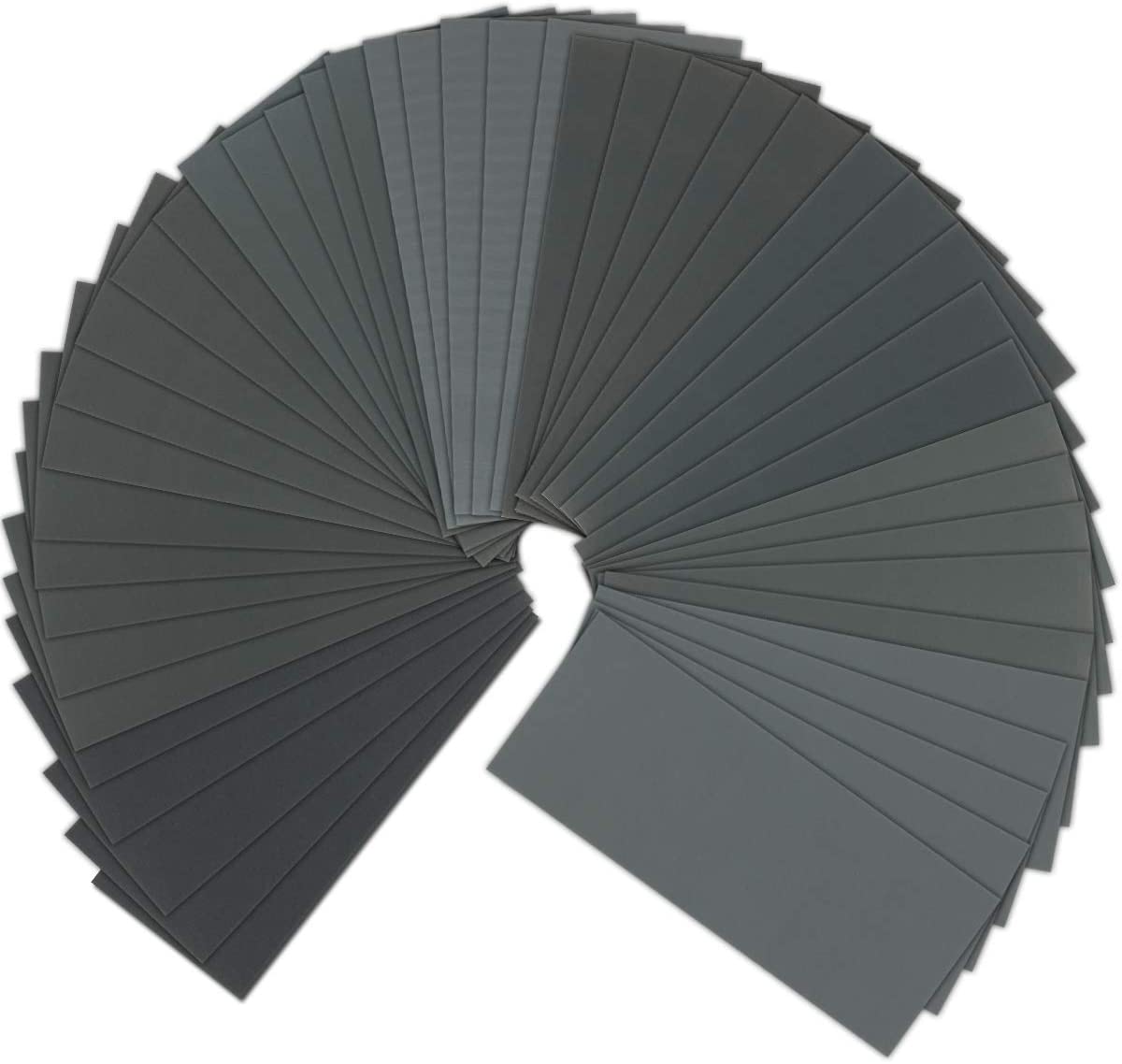
Sandpaper is another material you will use a lot of, and there are many grits available. A lower number grip will be rougher and remove material quicker, while higher numbers are smoother and are for finishing work and polishing. You should have a large assortment of sandpaper in many grits available at all times.
13. Square
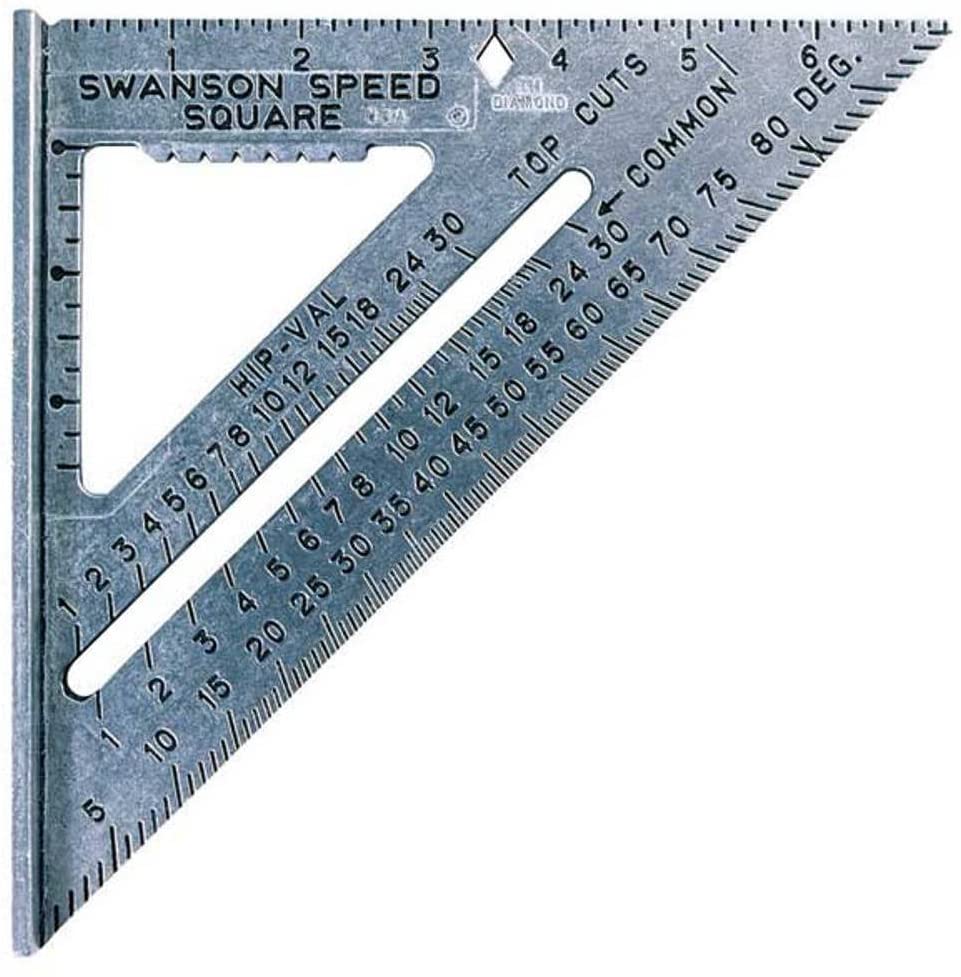
The square is essential for making straight lines and finding angles. It’s one of the first tools most woodworkers purchase, and you will use it constantly on every project. You may want to get several squares of different sizes to take measurements easier.
14. Tape Measure
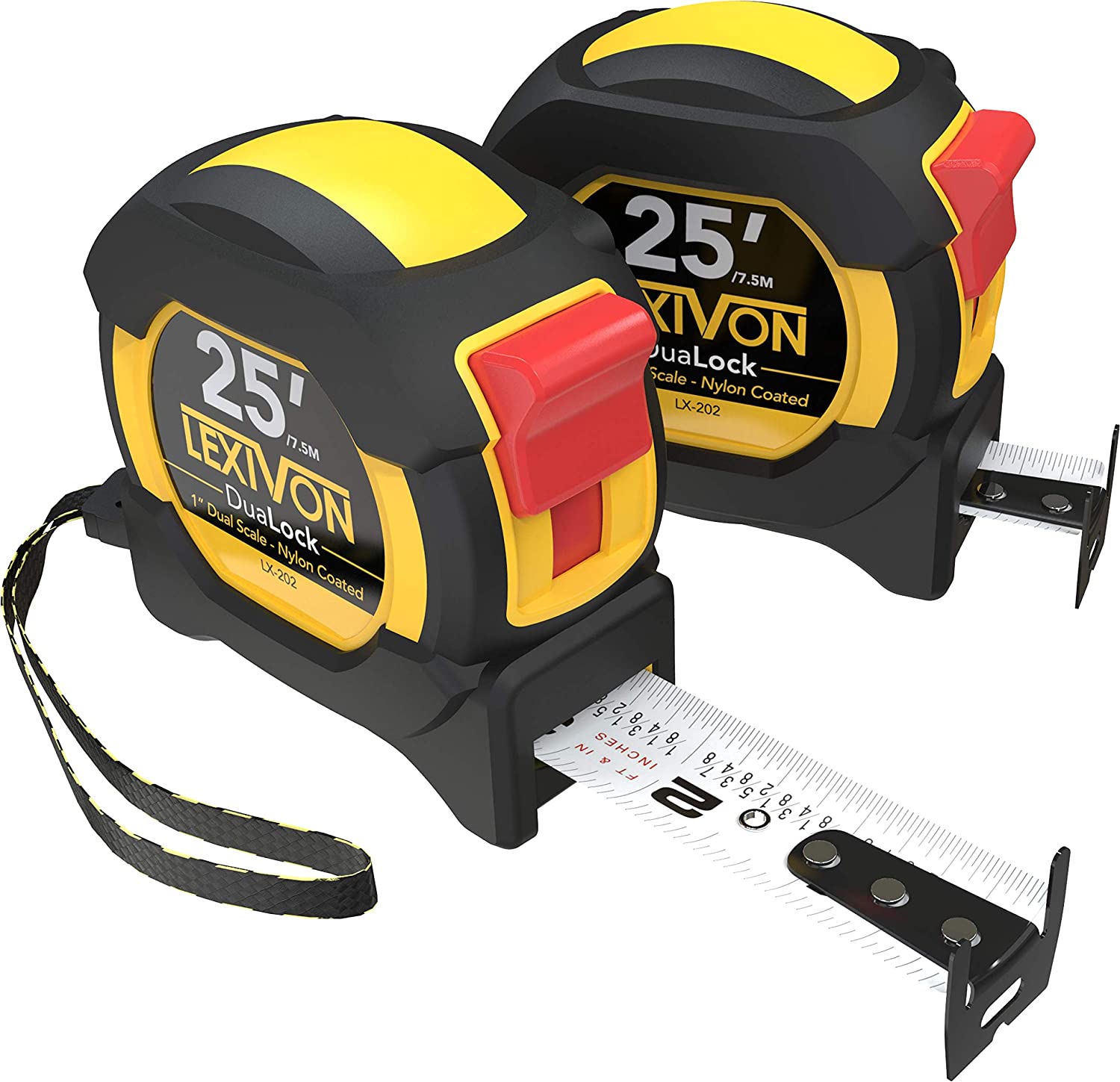
A tape measure is a primary tool in the woodworking workshop. Measure twice and cut once means this is one of the most-used tools in your workshop. Plus, having a high-quality tape that you can read is essential. Most tape measures extend to 25 feet, but modern digital devices can extend the range even further.
15. Wood Finish
Wood finish can be any number of products you use to apply a sealant to a wood project when you’re finished. Finish products include lacquer, stain, tung oil, varnish, paint, etc.

Woodworking Power Tools
Now let’s take a look at some essential woodworking power tools.
16. Circular Saw
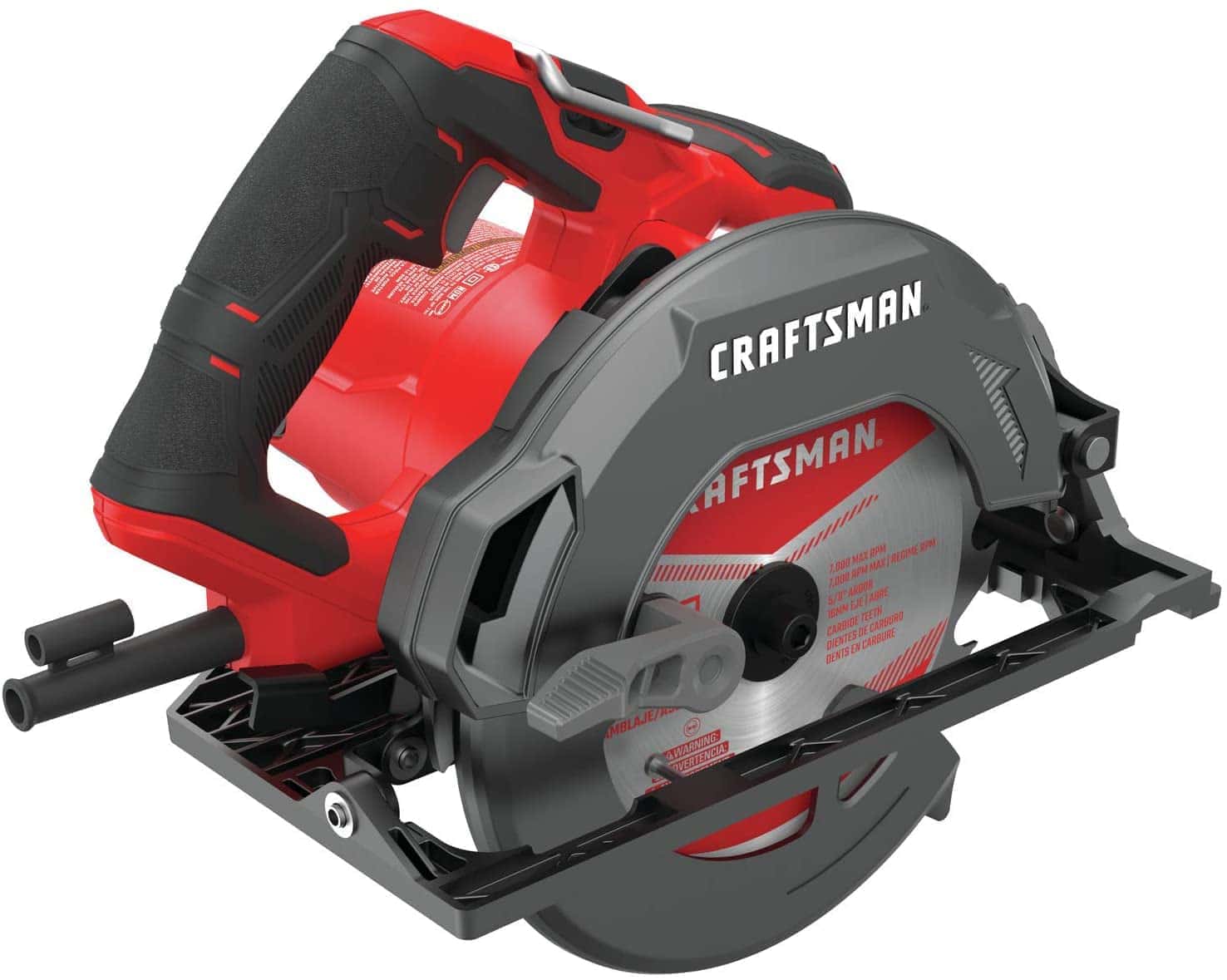
A circular saw is a handheld power tool that’s extremely versatile and can cut several materials. It’s extremely powerful and can slice through most materials with ease. After the handsaw, a circular saw is the most important saw in the workshop.
17. Drill
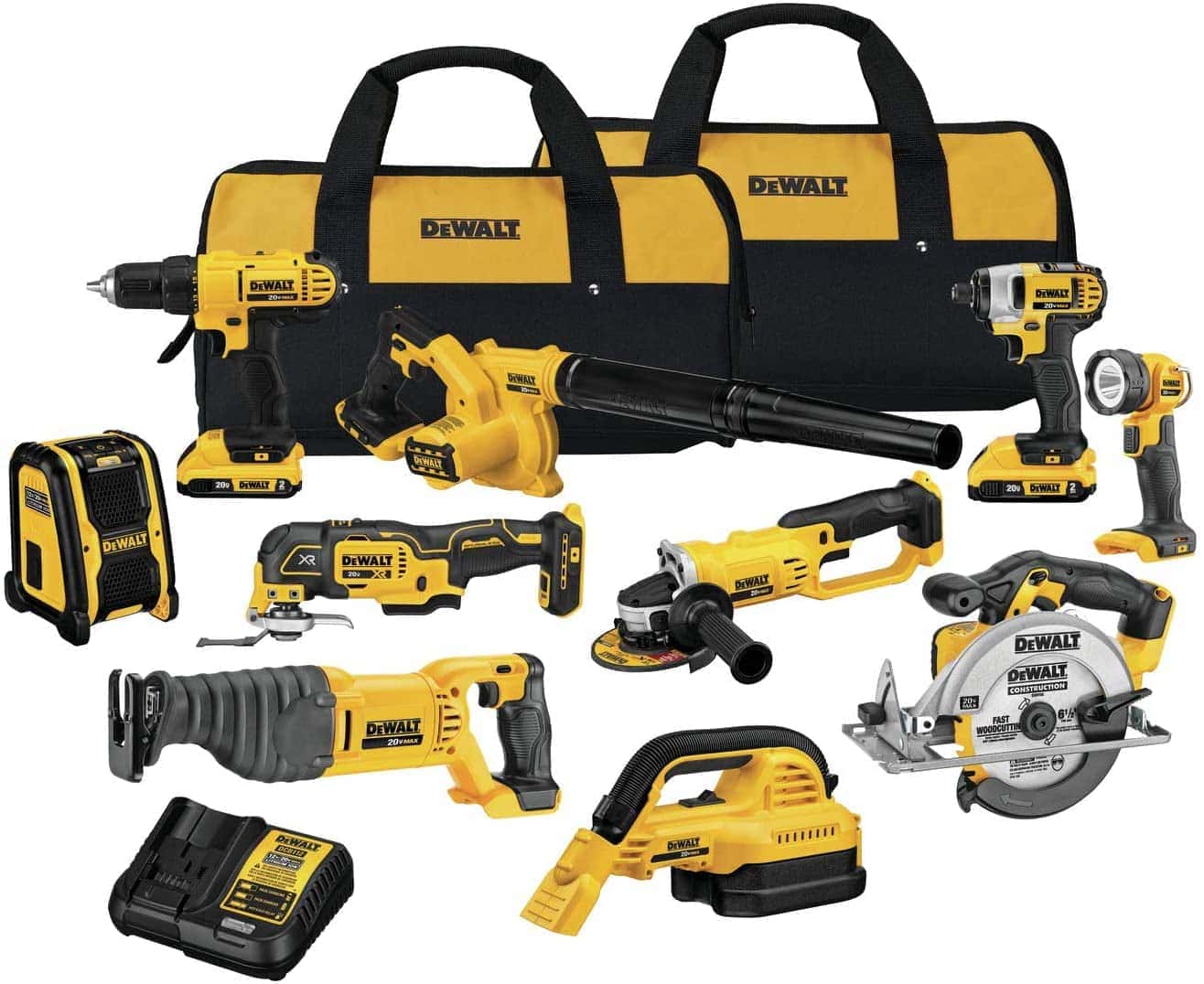
No workshop is complete without a drill, whether handheld or attached to a press. The drill is one of the most used tools and is required to insert screws without splitting the wood. You can also use several attachments like sanders and routing bits with a drill increasing its versatility. There are several types, so take your time to choose the best brand for you.
18. Impact Driver
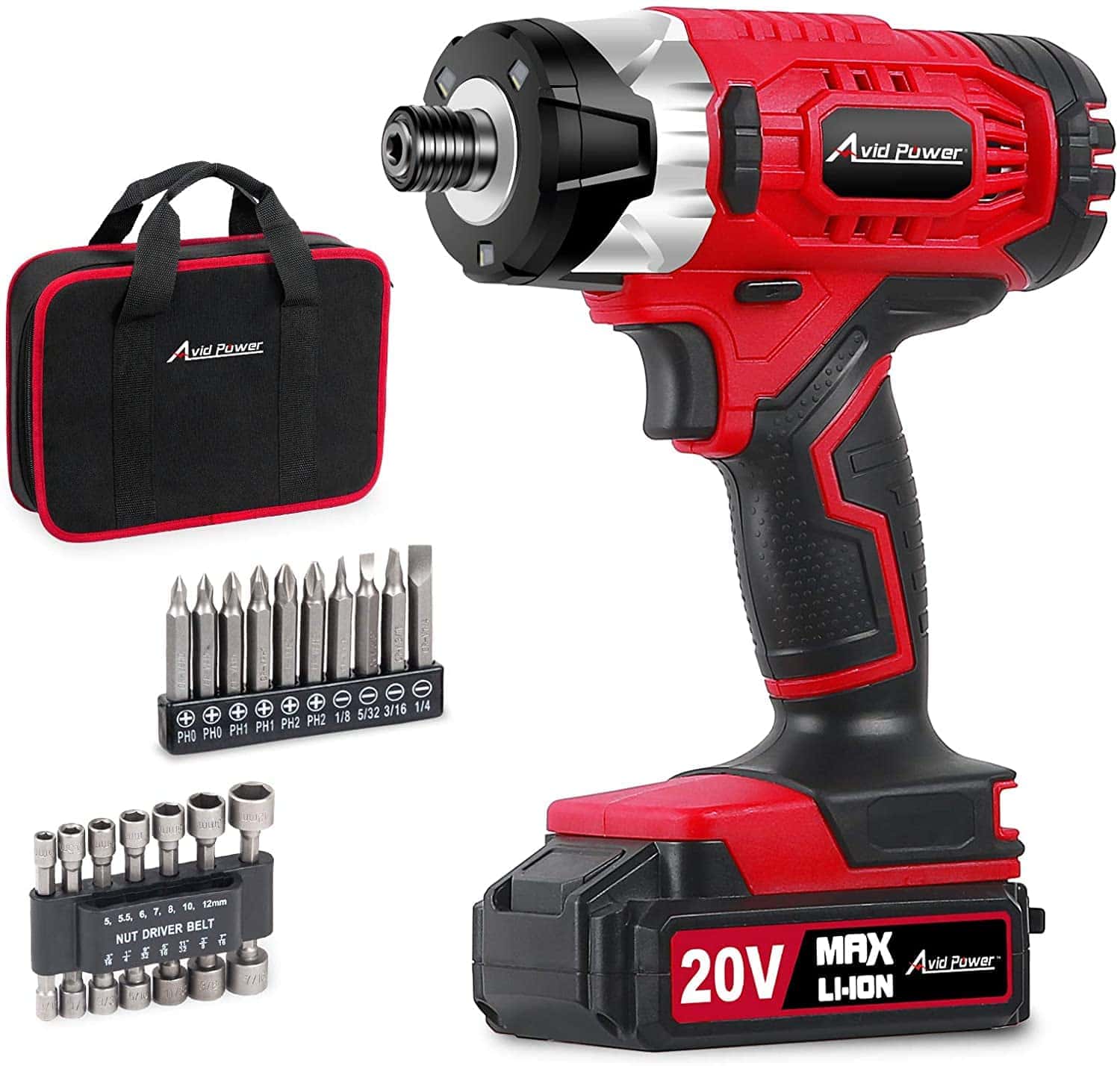
The impact driver is a type of electric screwdriver similar to the drill. It’s useful for driving a large number of long screws into harder wood or concrete. While the impact driver is helpful for some projects, it’s not one of the more critical woodworking tools.
19. Jigsaw
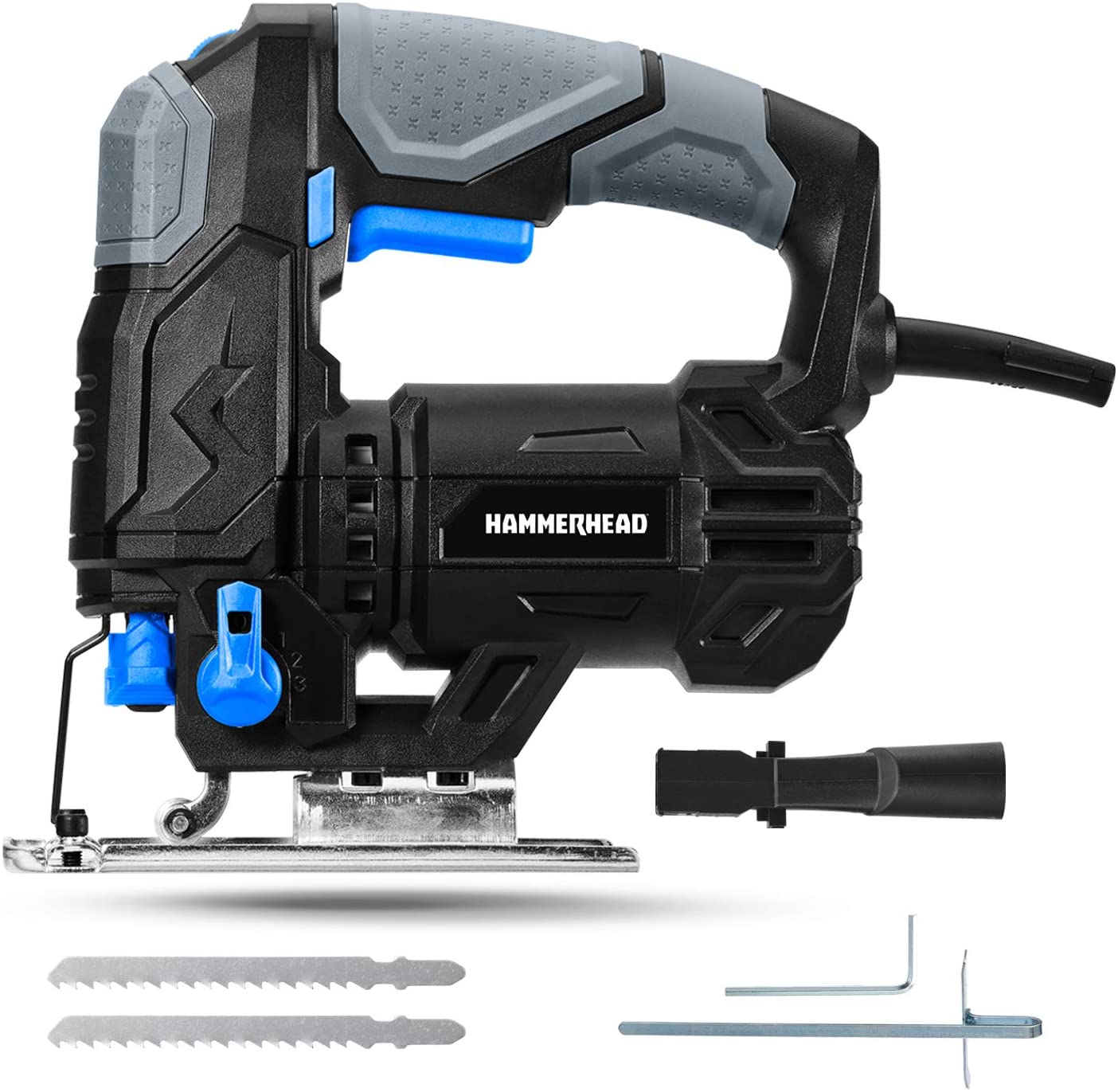
The jigsaw is a type of handsaw useful for making curved cuts in thin wood. It is an essential tool in the woodshop, and you should purchase one after you have a circular saw. There are countless uses for the jigsaw, and the sooner you have one, the better.
20. Miter Saw
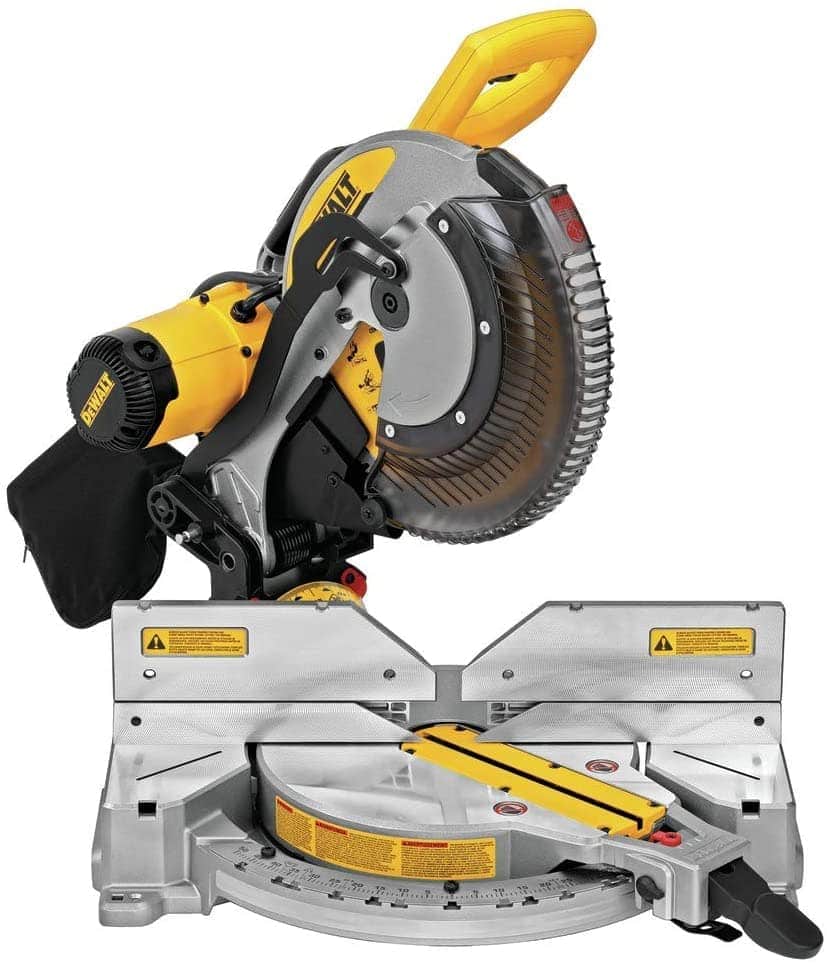
The miter saw is a circular saw mounted on a device that allows you to pull it down to make cuts in the wood. Miter saws are perfect for cutting wood to a specific length or angle and are typically used for molding trim in picture frames.
21. Orbital Sander
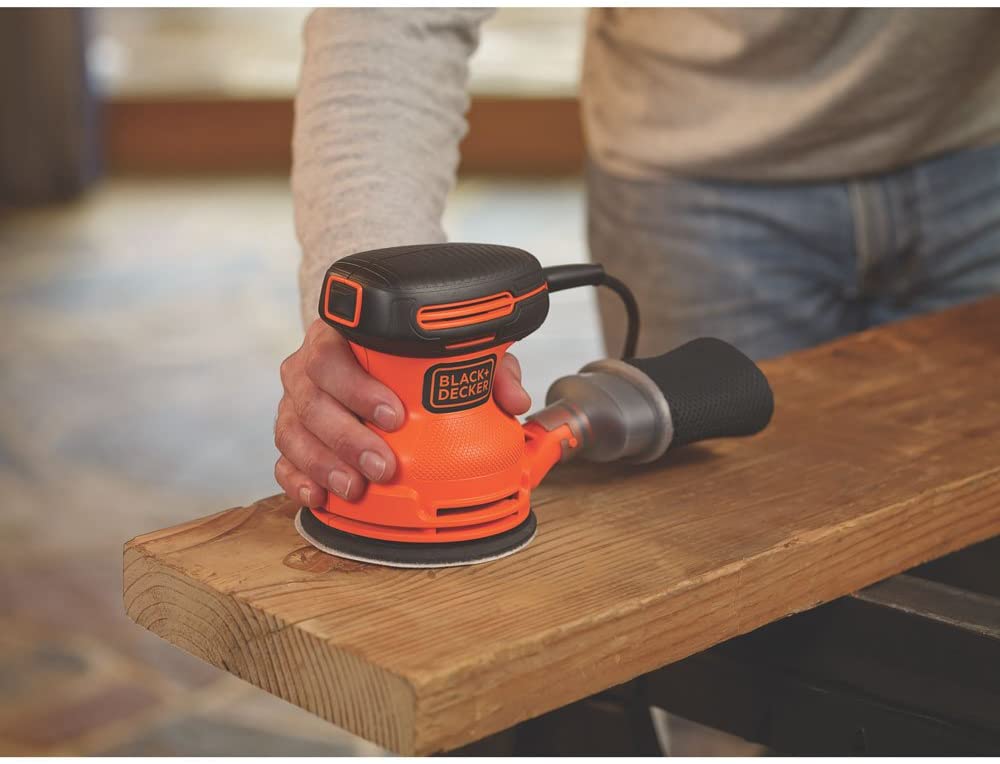
Once you get tired of hand sanding with sandpaper, you’ll need to pick up an orbital sander. These tools allow you to sand a surface quickly, and they help when removing paint. We use an orbital sander anytime the surface is large enough because it saves lots of time.
22. Router
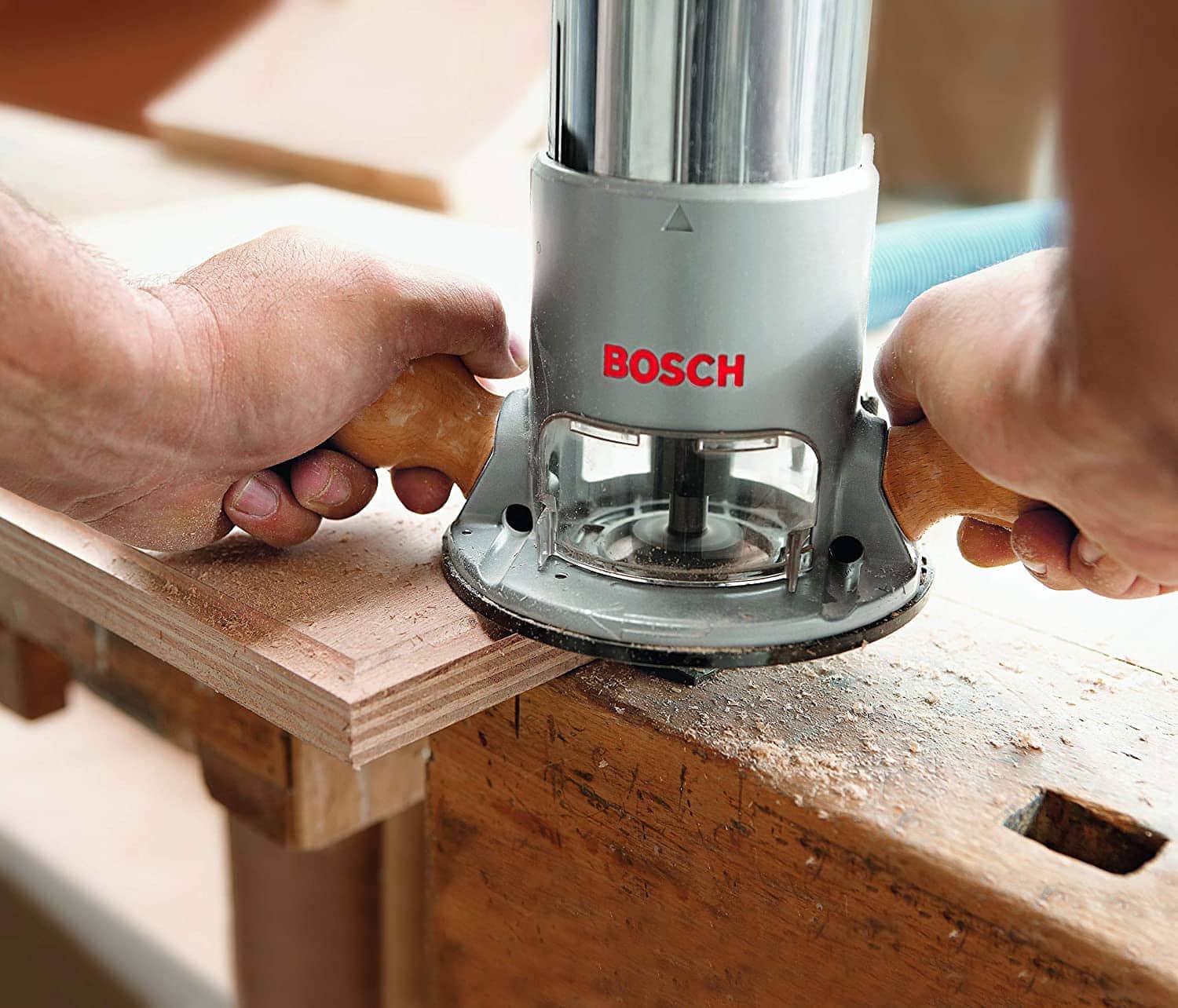
A router will help you produce a finished edge, and it can make even and level cuts in straight and curved wood. It can also duplicate the cuts on multiple pieces of wood. You will use it to cut grooves, profile edges, drill holes, recessed hinges, cut joints, and more. Some routers are handheld, while others attach to a table.
23. Table Saw
When you attach a circular saw to a table, you essentially have a table saw. These devices are perfect for cutting large boards straight, and there are some tasks in the woodworking workshop you can only do with a table saw. We recommend purchasing a table saw as soon as you have some experience.

Accessories
Here are some accessories that are important to have in the workshop.
24. Sawhorses
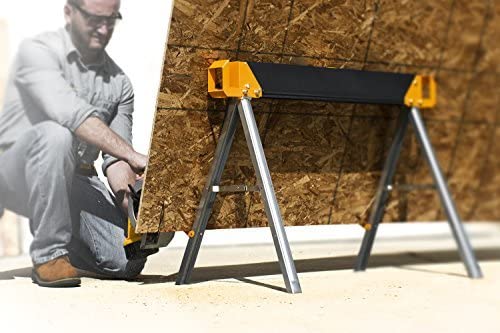
Sawhorses hold your boards so you can make cuts. They are also often useful for keeping a project upright and for painting. You usually use sawhorses in pairs, so we recommend purchasing at least two for your workshop.
25. Clamps
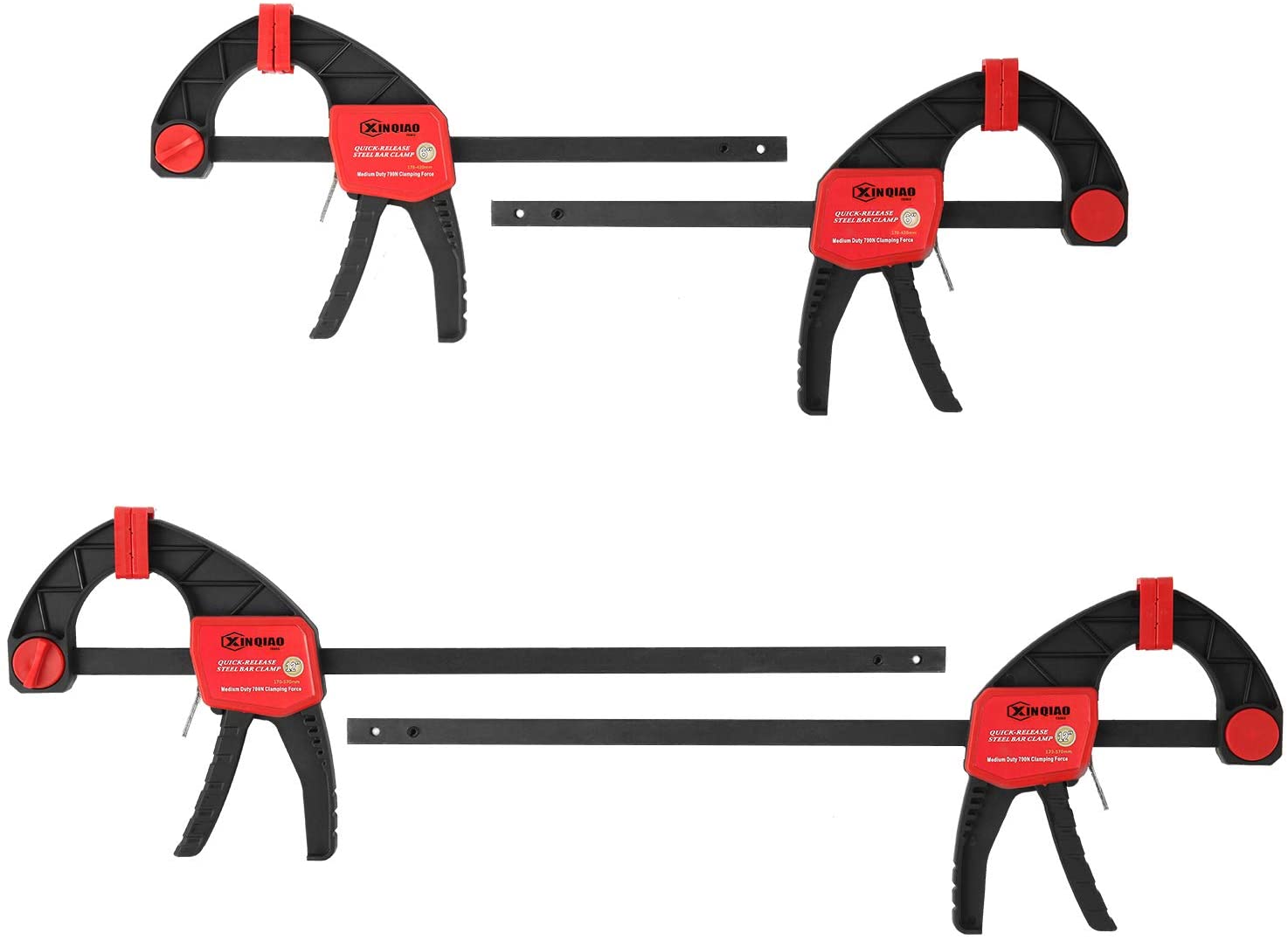
Clamps are required to hold pieces of wood together while the glue dries. There are several types of clamps, and they come in all sizes. You will want a good assortment of clamps to find the right one for any task.
26. Toolbox
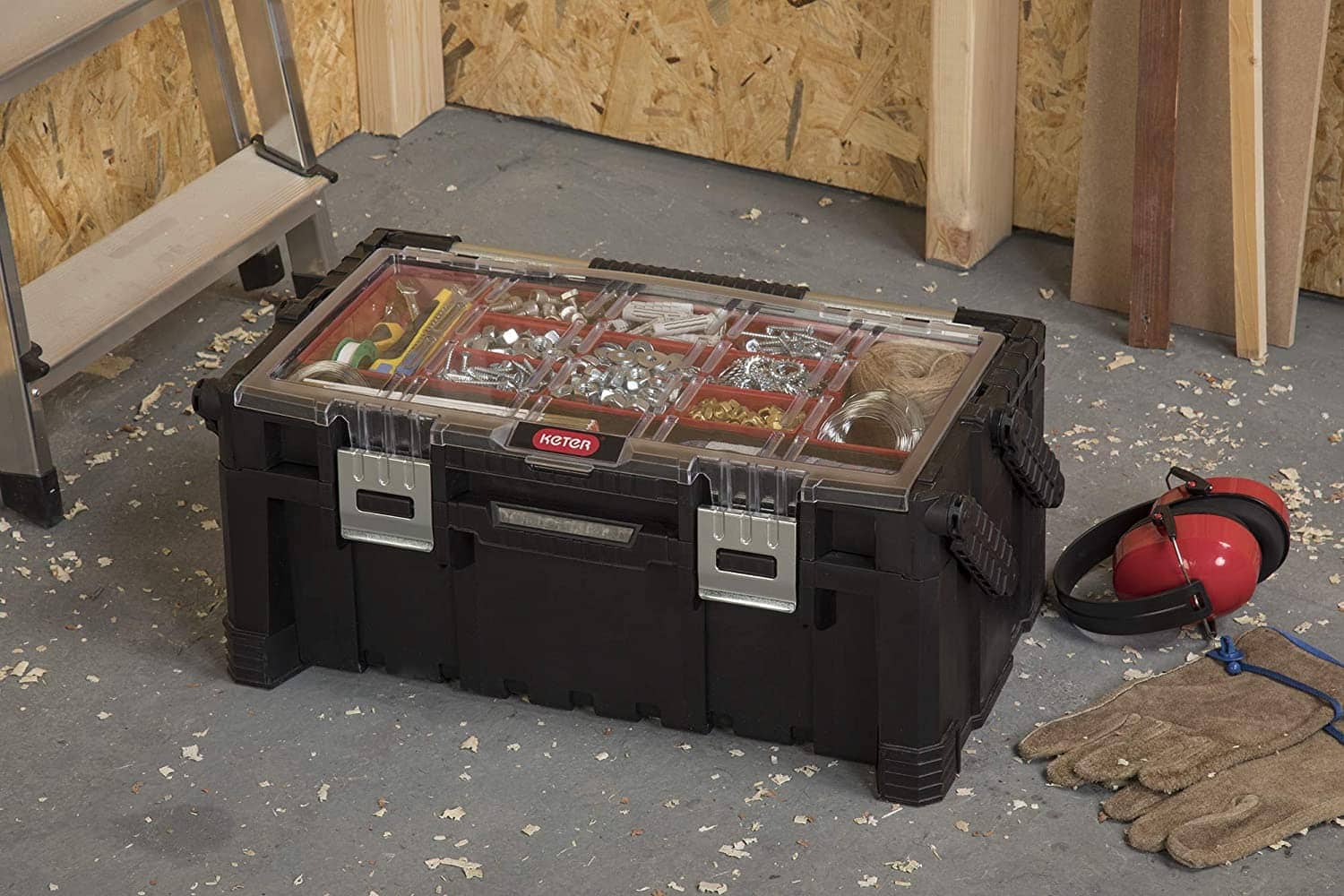
As you acquire more tools, you’ll need a place to store them, and the toolbox is the perfect place. Toolboxes come in all shapes and sizes, but you’ll want to plan ahead to get one that can hold your tools.
27. Peg Board
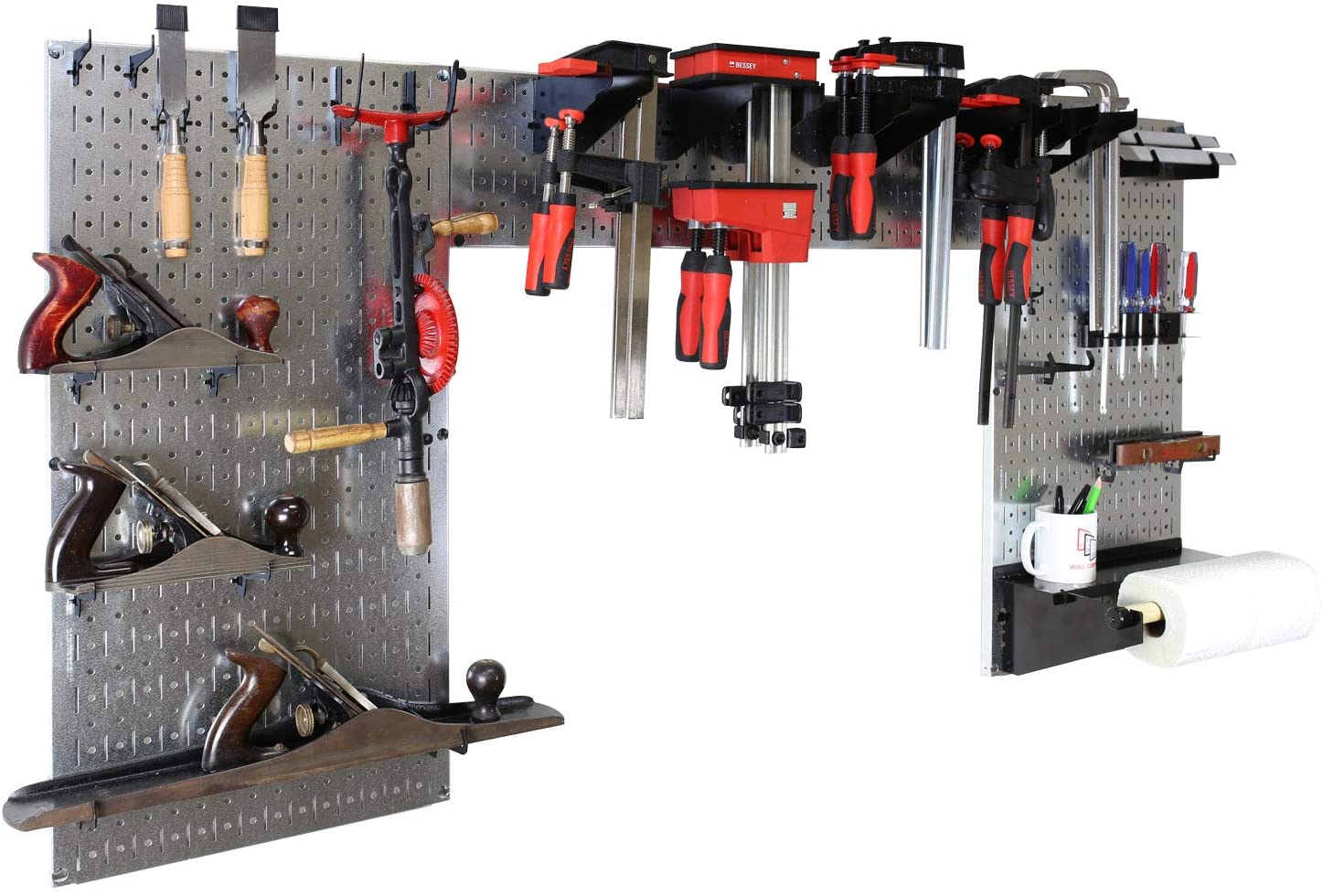
Pegboards are another great way to store your tools, especially power tools that won’t fit in a toolbox. Pegboards make it easy to apply hooks to keep your tools neat and out of the way.
28. Cleaning Supplies
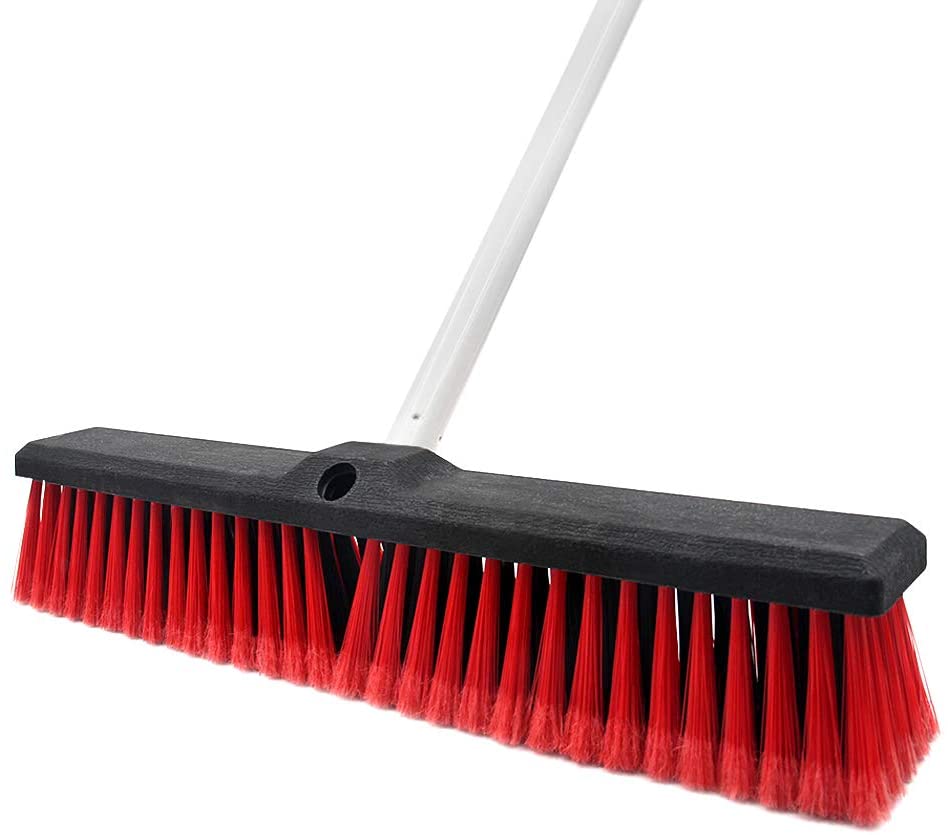
Woodworking can be a messy hobby, and you can often find sawdust, paint spills, and other messes around the workshop that need cleaning. A good size broom and other cleaning supplies will help you keep your workshop from getting out of hand.

Health
Let’s look at some of the items you should purchase to protect your health while you’re working in your workshop.
29. Safety Glasses
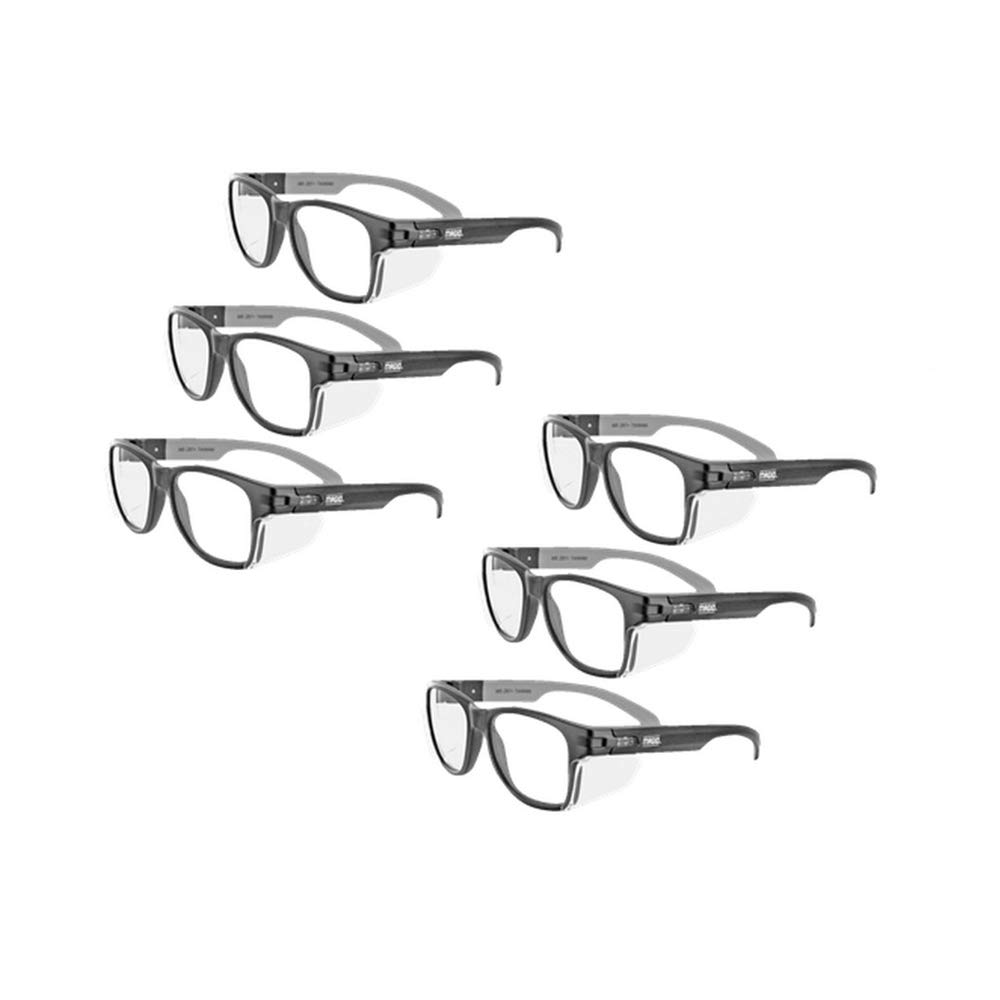
The woodshop may not seem like a dangerous place for the eyes, but there’s plenty of sawdust in the air, drill bits can break, and woodchips can fly, so it’s best to protect your eyes at all costs. We recommend a high-quality pair of safety glasses with side protection to minimize risks.
30. Hearing Protection
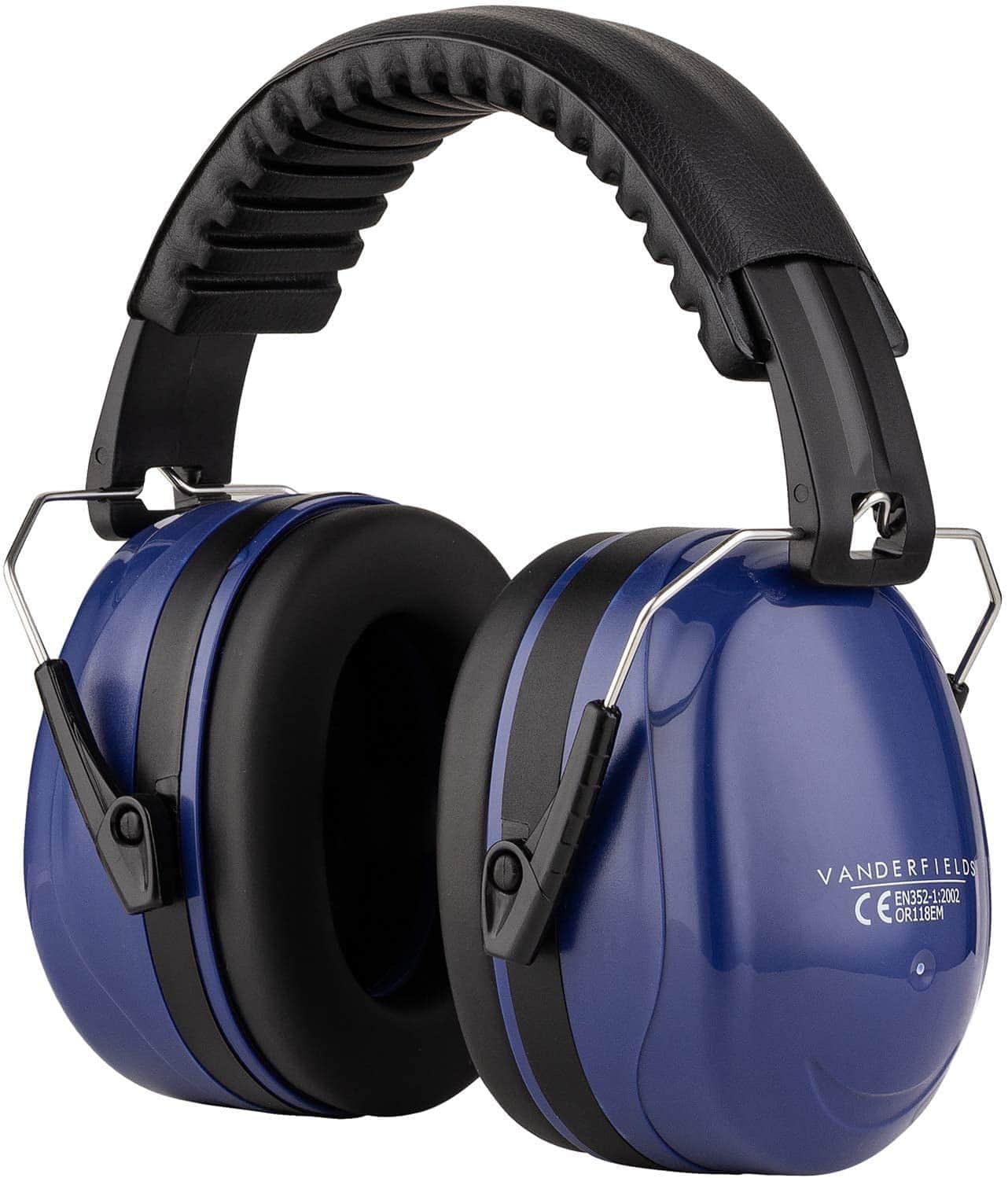
A few of the power tools you might use, including the table saw, can get quite loud and damage your hearing. A pair of earplugs or earmuffs are inexpensive and will save your hearing.
31. Dust Mask
One last piece of safety gear to wear when working in the woodshop is a dust mask. The sawdust in the air, along with several other chemicals, can seriously damage your lungs, especially after years of working in your shop. Vigilant use of a dust mask can go a long way towards keeping you healthy and avoiding the dangers associated with breathing in the air inside a woodshop. Always make sure there is plenty of ventilation as well, especially when working with paint thinner or other dangerous chemicals.

Conclusion
We hope you have enjoyed reading over this list of essential woodworking tools and found a few tools you didn’t think about before. Some of them are not essential to get started. However, a hand saw, tape measure, pencil, masking tape, drill, and sandpaper will get you on your way to completing your first projects. Once you have gained some experience, you can move on to the circular saw, router, orbital sander, and any other tools you need to finish a project. The important thing is to keep working and purchase new tools to complete more complex projects.
If you have enjoyed our list, please share these 31 must-have woodworking tools on Facebook and Twitter.
Featured Image Credit By: Pixabay
Contents

